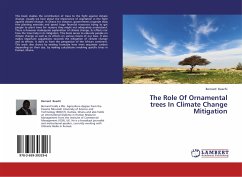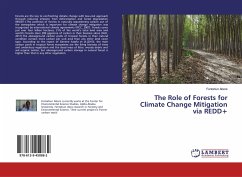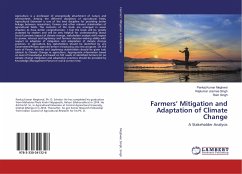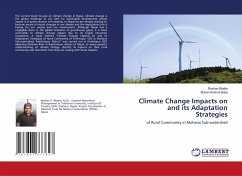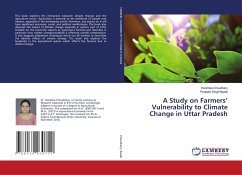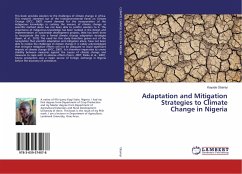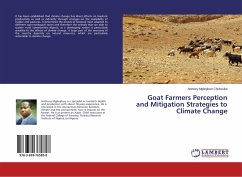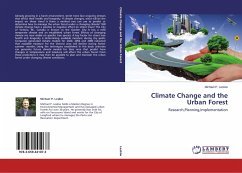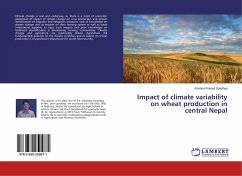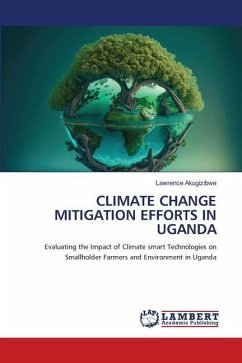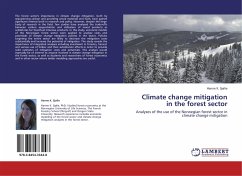
Climate change mitigation in the forest sector
Analyses of the use of the Norwegian forest sector in climate change mitigation
Versandkostenfrei!
Versandfertig in 6-10 Tagen
32,99 €
inkl. MwSt.

PAYBACK Punkte
16 °P sammeln!
The forest sector's importance in climate change mitigation, both by sequestering carbon and providing wood materials and fuels, have gained significant interest both in research and policy. However, despite the large body of research in the field, few studies have analyzed the trade-offs between carbon sequestration and utilization of wood products as substitutes for fossil-fuel intensive products. In this study, economic models of the Norwegian forest sector were applied to analyze costs and potentials of climate change mitigation policies in the sector. Policies targeting the entire sector ...
The forest sector's importance in climate change mitigation, both by sequestering carbon and providing wood materials and fuels, have gained significant interest both in research and policy. However, despite the large body of research in the field, few studies have analyzed the trade-offs between carbon sequestration and utilization of wood products as substitutes for fossil-fuel intensive products. In this study, economic models of the Norwegian forest sector were applied to analyze costs and potentials of climate change mitigation policies in the sector. Policies targeting the entire sector are likely to decrease the mitigation costs substantially and increase the potential of mitigation. The study reveals the importance of integrated analyses including investment in forestry, harvest and various use of timber and their substitution effects in order to provide solid estimates of mitigation costs and potentials. This analysis would especially be of interest to anyone involved inclimate change mitigation in the forest sector, as well as students and researchers of forest economics and in other sector where similar modeling approaches are useful.



